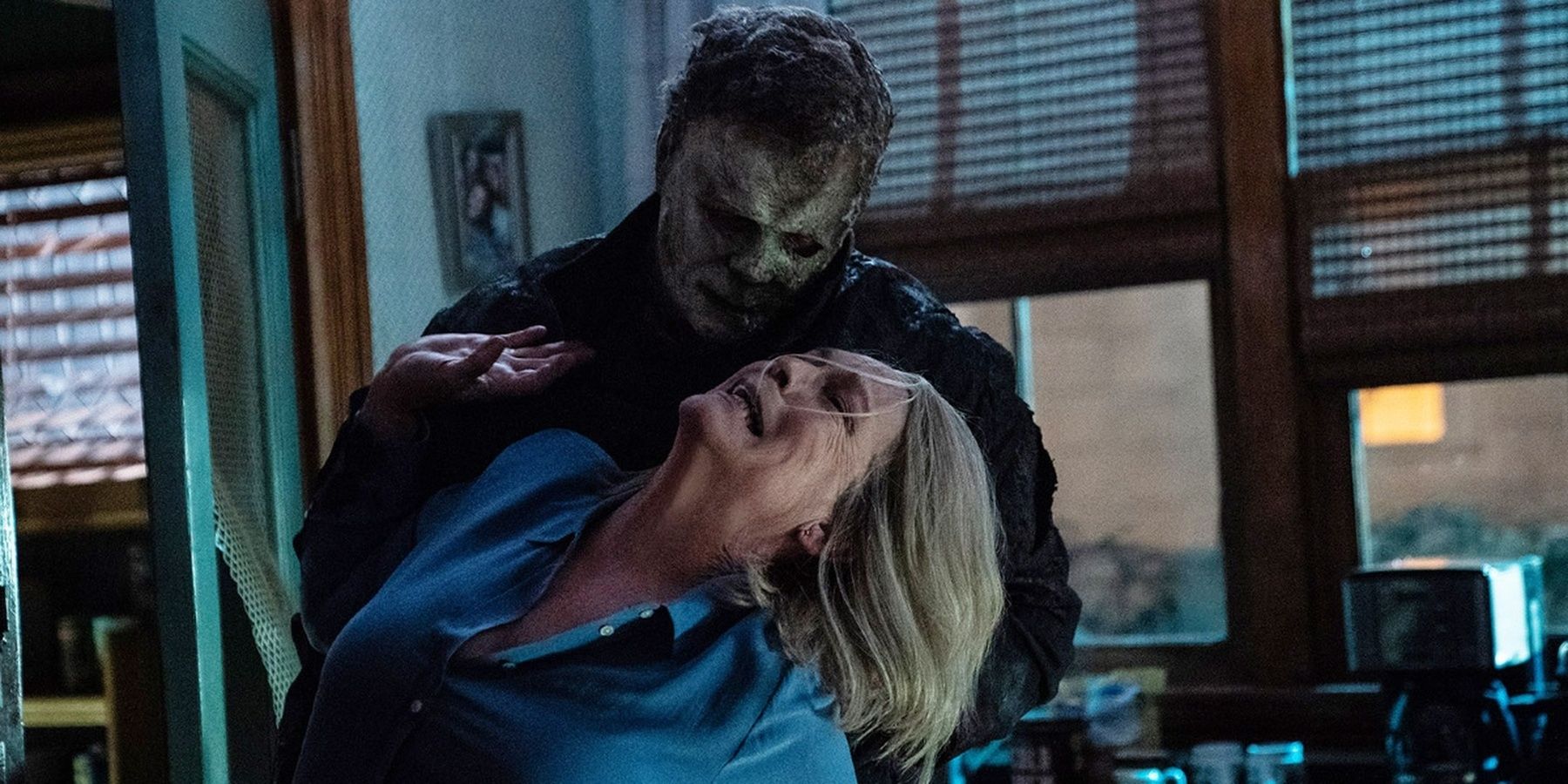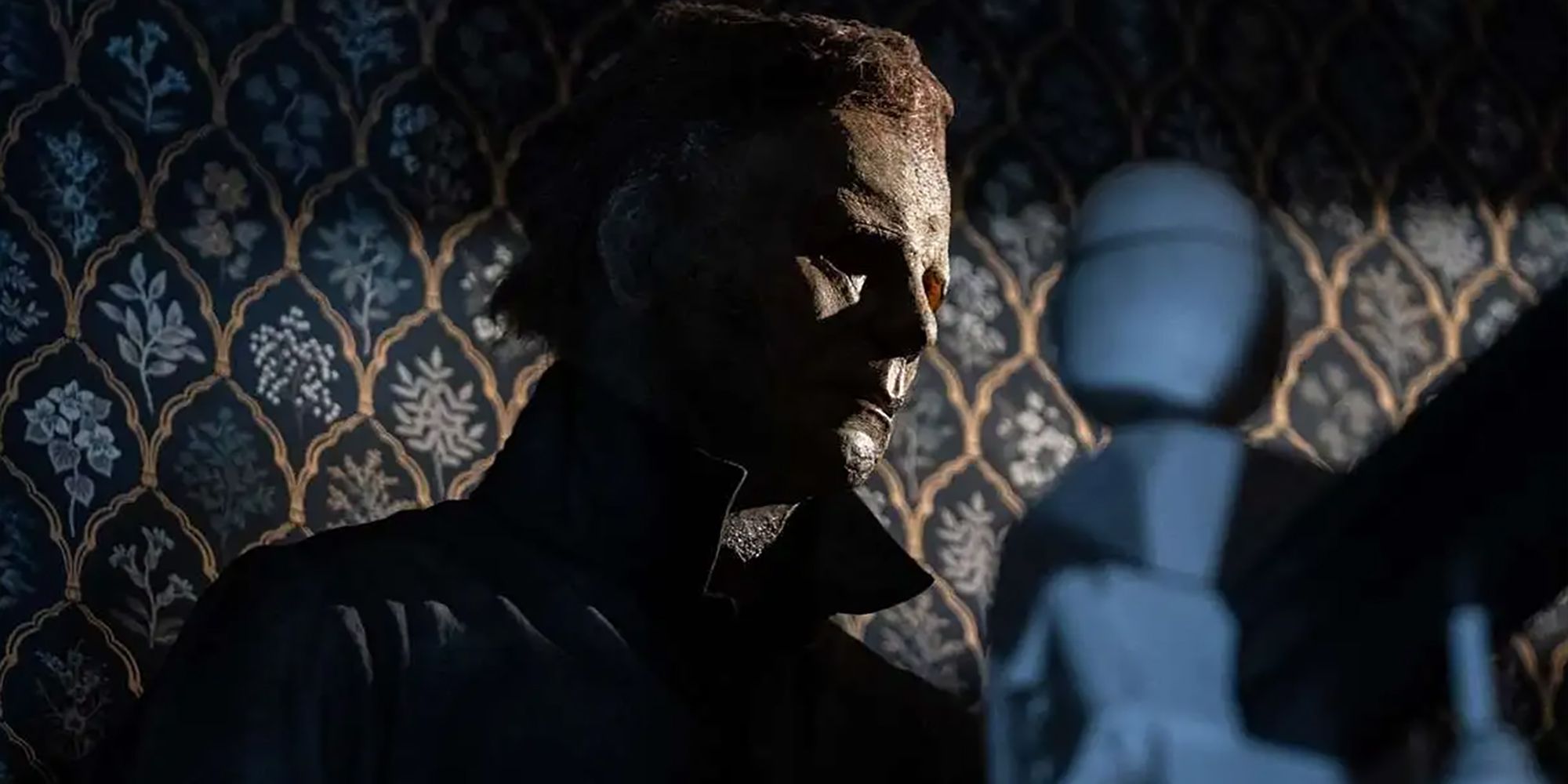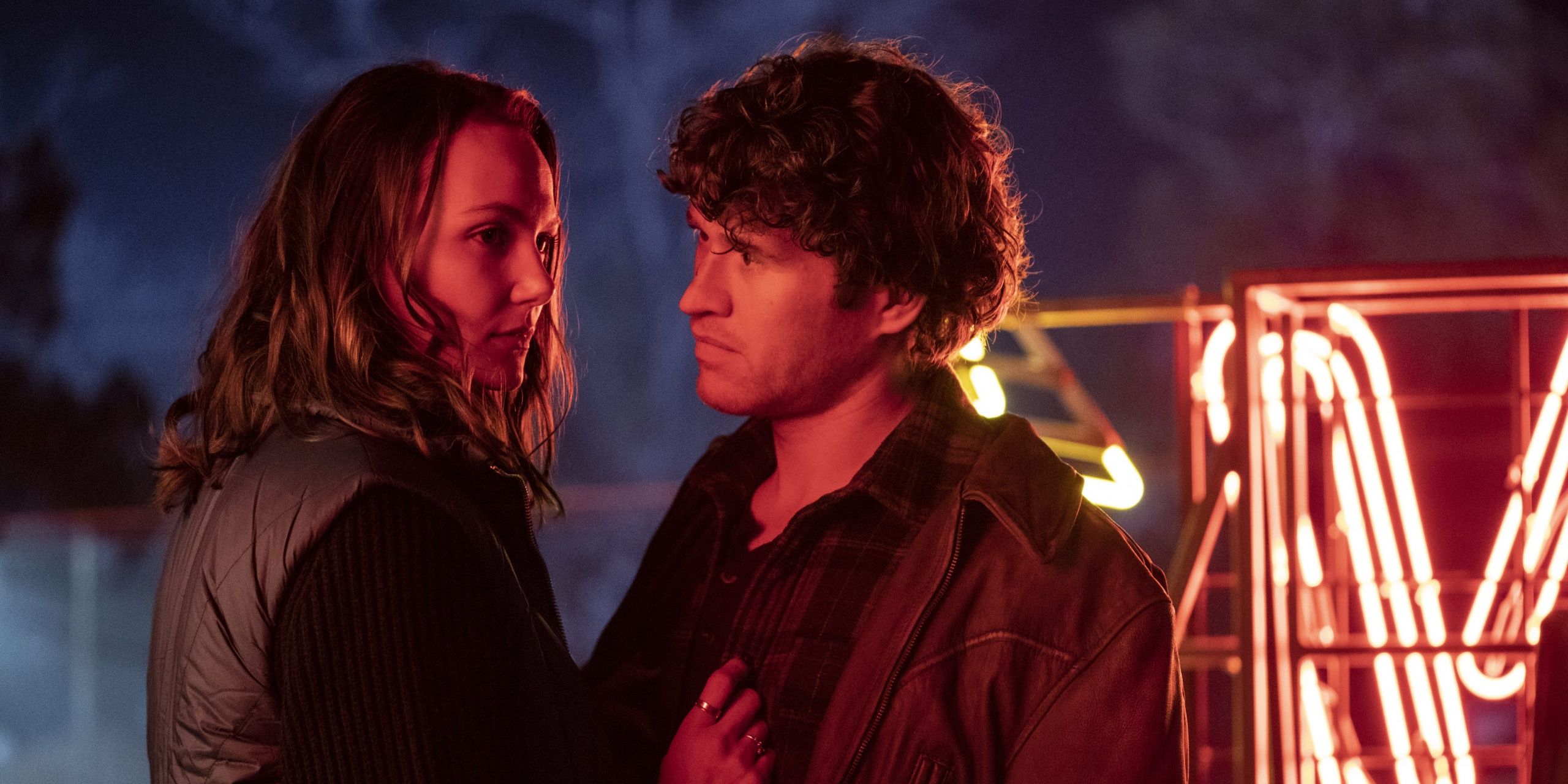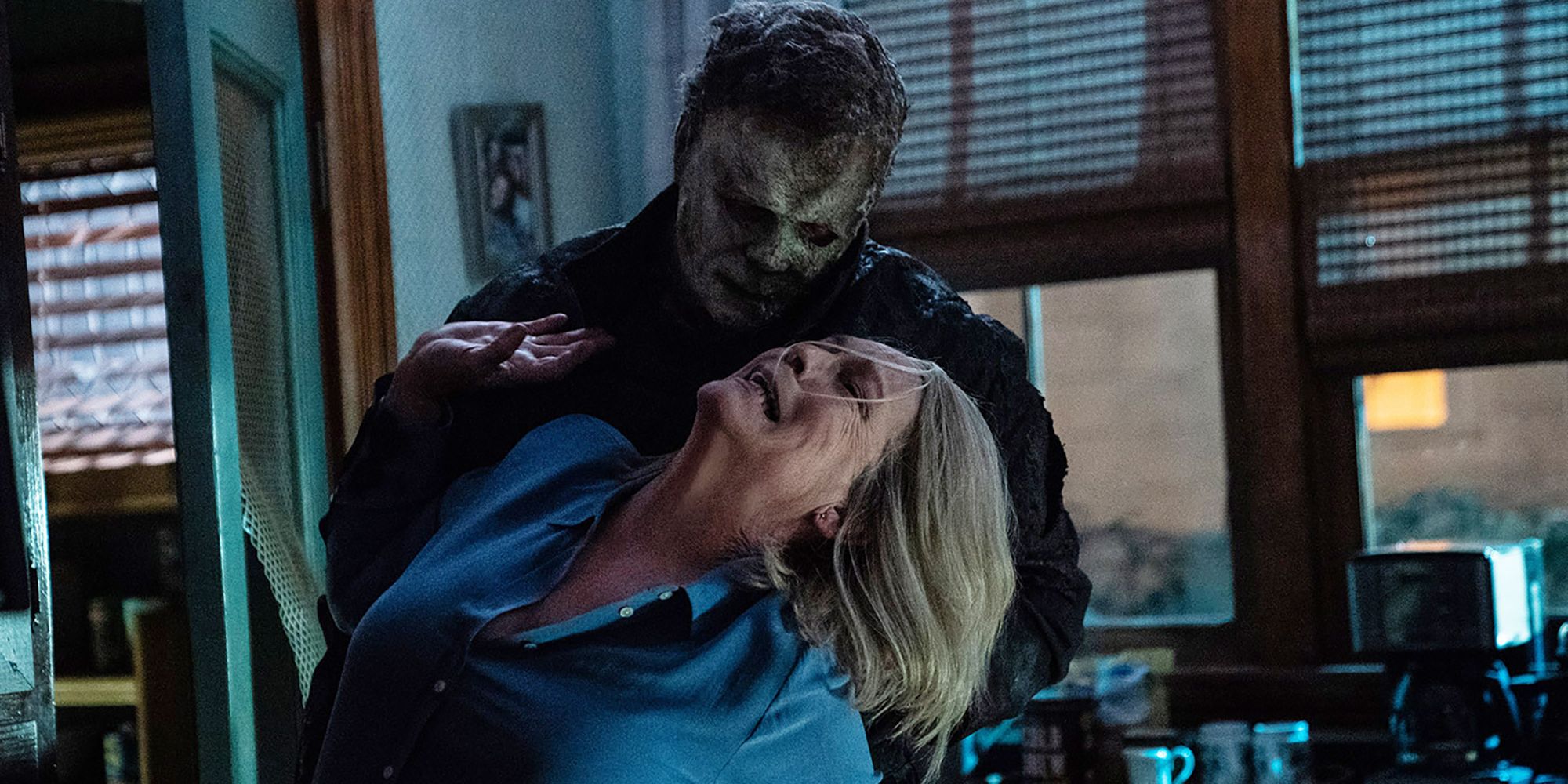The following contains spoilers for Halloween Ends.Halloween Ends marks the culmination (at least, for now) of a decades-long franchise with one of the more confusing timelines in recent memory. The film was meant to be an ending for the conflict between Laurie Strode and Michael Myers, and serve as a cap not only to this reboot trilogy directed by David Gordon Green, but to the franchise as a whole. In an effort to avoid feeling stale (or like the 12 other movies that came before it), the movie takes a lot of big swings. The question is, do they pay off?
Opinions have been divided on Halloween Ends so far, with some enjoying the fresh direction it took, while others thought that the ideas were a little too new and took away from what makes the Halloween franchise what it is. The real benefit to changing up a franchise this much is that it does make the movie memorable, and shows that the creative team behind the scenes wanted to make something that wasn't just a lazy copy of what came before.
Right away, Halloween Ends distinguishes itself from its predecessors with an opening sequence that breaks the usual format. Michael Myers isn't the threat, and there is no maniacal serial killer running around killing babysitters. Instead, it's the babysitter who (accidentally) kills the child he's supposed to be watching. The moment itself is jarring, especially after being lulled into a false sense of security by the relatively slow and calm opening. It immediately signifies that this Halloween movie isn't going to be quite what audiences are expecting, because it has a bit of a different story to tell.
In general, Michael Myers really isn't much of an active threat at all during the movie, which is something that many fans (perhaps rightfully) took issue with. This is a valid argument; after all, if this is supposed to be his and Laurie's final showdown, so there should be a lot of build-up toward that over the course of the story. However, it's still an interesting thought experiment to have him not be the only killer on the loose, and sort of give him an accomplice. It raises a lot of questions about the inherent violence in people, and whether it's something that can be developed or if it was always there and just needed a bit of a push (in Corey Cunningham's case, quite literally) to be brought to the forefront.
Having Corey work with Michael Myers also provides an interesting setup for murder set pieces wherein two people working together to slaughter their targets. It's reminiscent of something like Scream (and the trope of the main character's boyfriend also being the killer is something that calls Scream to mind as well). It makes for a storyline that's slightly more engaging because the viewer doesn't know exactly where it's going. It also becomes a little less predictable when the events on screen aren't ones that the franchise has tried to explore before.
Each movie in the David Gordon Green Halloween trilogy has felt incredibly different from the others. This is a problem for some because it does make the overall arc between the films feel disjointed, like they're all telling very separate stories with varying tones, rather than one cohesive narrative that tells three parts of one story. However, each film having its own distinct identity doesn't have to be a bad thing either. Halloween (2018) is dark and intense, while Halloween Kills is more theatrical and almost goofy in parts (which for many is a major criticism of the film). Halloween Ends feels lighter in the beginning, but it still has its familiar brutal moments amongst the parts of the story that feel new and fresh.
Another departure that Halloween Ends took from some of its predecessors is that the murders that occurred weren't just random. In the past, Michael Myers would often break into the homes of random people, or slaughter innocents on the street on his way to get to Laurie Strode. However, Halloween Ends takes a different approach where almost all of the murders are purposeful, often because they are committed by Corey. He's not the "embodiment of evil" that Michael Myers is, so his murders are revenge killings, or premeditated slaughters of those who have wronged him. It's a very different approach to the usual slashing that Halloween movies do, and it certainly makes the story stand out.
It's definitely a little problematic for the through line of these films that Michael Myers hardly has any screen time in this film, because it makes his and Laurie's final confrontation a little anti-climatic, but it at least makes this film stand out from the legions that came before it. So many franchises get bogged down with the problem of having the same structure in every film, to the point where they feel repetitive (even Marvel suffers from this at times), so it was refreshing to see the Halloween franchise at least try to change things up a little.
Is it fresh? Yes. But is it necessarily the best conclusion to such a beloved story? Perhaps not. Both of these things can be true at once. Halloween Ends is a complicated beast, and might be more well-received by those who aren't super invested in the franchise rather than super fans. However, the film does a good job of giving fans something new, rather than just making them watch the same movie they've already seen 50 times. After the mess that was Halloween Kills, it was good that the franchise took a step back and tried something new that actually worked for the most part.




